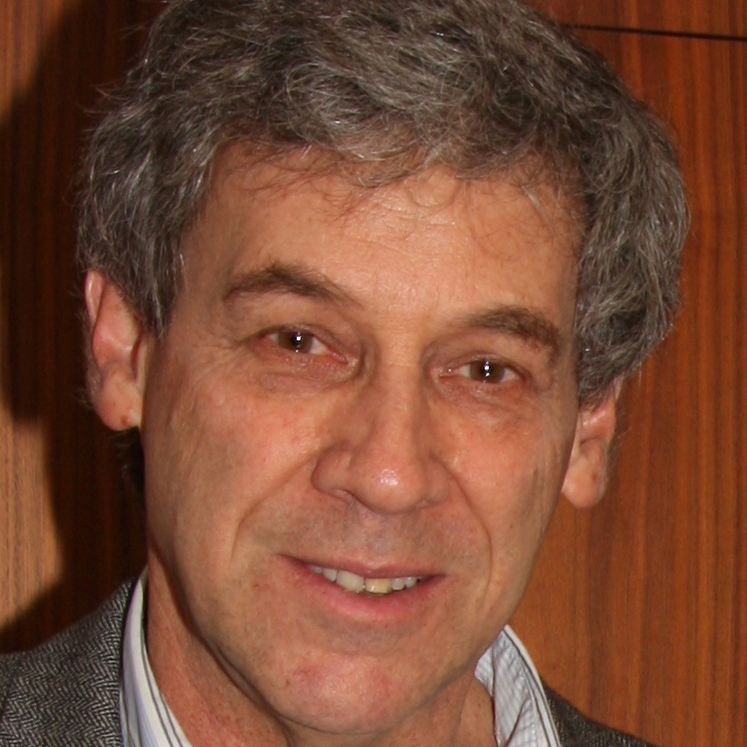
Banner

Brexit’s true devil resonates in South Africa
Geoff Sifrin
Taking Issue
Economists reassure us the financial consequences for South Africa might be harsh, but are manageable, given our financial institutions’ strength. The true devil, however, is the spirit of populist nationalism and hatred of the “other” growing worldwide – not just in Europe, but also in South Africa where Mandela’s rainbow nation dream seems to be giving way to the opposite – racism and rage.
Europe still has sinister historical connotations in the Jewish psyche – including among South African Jews whose forebears derive mainly from Lithuania. Murky memories of pogroms, ghettos, blood libels and the Holocaust intermingle with Europe’s brighter face – its cultural brilliance and achievements.
With the rise of rightwing nationalism, is Europe swinging back to its dark side?
One target of the British who voted for Brexit is the wave of Muslim immigrants and refugees from the Middle East, aside from Polish and other workers from the EU. The Twitterverse is booming with racist 140-character narratives telling people labelled as the “other” to “go back to your own country”.
It is matched across the Atlantic by the bizarre phenomenon of loony US presidential hopeful Donald Trump with his “Take back America” sloganeering.
The sensitive Jewish hate-antennae developed over centuries, have begun to quiver. History shows that once loathing of the “other” takes over a society, Jew-hatred invariably becomes part of the tide.
For the European haters of today, the hijab and the kippah are not that different. The French example is indicative: The Jerusalem Post reported this month that according to a 2015 survey, over 40 per cent of French Jews are contemplating immigrating to Israel because of anti-Semitism in France.
Is there a South African parallel here? Racial antagonism is obviously writ large in our apartheid and colonial history, but it is also no secret that xenophobia is prevalent in the South Africa of today, two decades after apartheid.
Regularly during outbreaks of violence – as in Tshwane two weeks ago – foreign nationals from other African countries, or people from other tribal origins have been targeted and sometimes killed and their shops and homes looted. Deputy President Cyril Ramophosa warned after Tshwane about the dangerous rise of tribal tensions.
In political life, different ethnic groups – including Jews and other minorities – feel increasingly insecure in the face of verbal and sometimes physical attacks. Calls to “kill the whites”, “decolonise” everything, and similar expressions are matched by racist remarks from whites like Penny Sparrow who calls blacks monkeys, adding to the poisonous mix.
Populist EFF leader Julius Malema’s anti-white rhetoric is chilling. One of the cries of protesters against the ANC’s mayoral candidates list in Tshwane was that they didn’t want a Zulu mayor – the ANC candidate, Thoko Didiza, is Zulu.
Who will stop South Africa exploding into the racial and ethnic war Mandela’s generation tried so hard to avoid?
Leadership determines much of the course of history. The vacuum of leadership in South Africa cannot last, but President Jacob Zuma is not the man to lead the way. Contrast his behavior with that of British Prime Minister David Cameron who resigned immediately after the Brexit vote, saying the country needed “fresh leadership”.
Zuma, despite the High Court ruling that he must face nearly 800 counts of corruption, and the Constitutional Court’s finding that he violated the Constitution, simply carries on, lacking credibility or vision aside from seeking power and personal gain.
South Africa – the “miracle nation” – has bucked the trend before and defied negative expectations. Brexit is a victory of demagoguery, not democracy. Let’s hope we can defy that option as well.
Read Geoff Sifrin’s regular columns on his blog sifrintakingissue.wordpress.com





Choni
June 29, 2016 at 10:22 am
‘South African Jews should decide whether to stay in or out of exile. Our Jewish leaders should encourage Jews to make Aliyah wherever possible.’